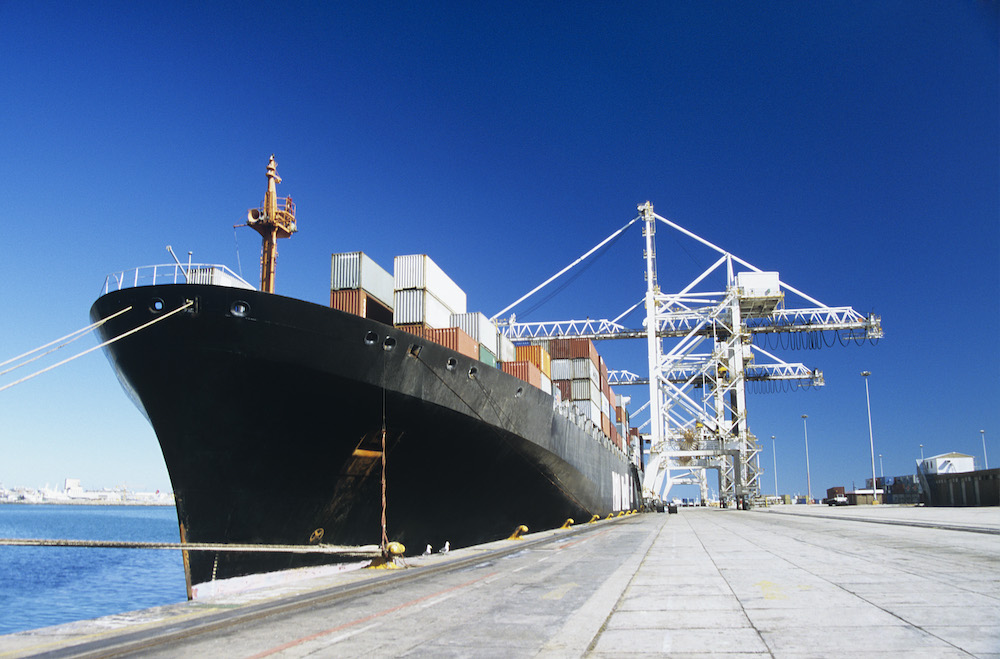Time is of the essence in the world of shipping. After all, time is money. And if companies can’t deliver on time, customer service hangs in the balance. What are the issues behind shipping delays, and what—if anything—can you do about them?
According to Drewry Shipping Consultants, on average, only about 65% of vessels are on time. What’s causing all of the shipping delays? While there can be many factors, we’ll cover the top 4 that may affect your business as you are building your calendar for the year.
1. Inspections and Documentation
Much can occur at the ports that contributes to shipping delays. When transporting cargo between countries, there’s the obvious challenge of customs. A lack of correct documentation is often at the foundation of customs holdups. A great deal of paperwork is needed to move across borders, including:
- Invoices
- Product codes
- Textile samples
- Content description
- Shipment documentation
Content descriptions may be one of the most overlooked pieces of paperwork, along with one of the biggest culprits in shipping delays. All contents must be accounted for, including quantities, value, and even brand names, serial numbers, and models, as appropriate.
Consider that it takes 3,000 people working 24 hours a day for three days straight to load and unload a ship with 20,000 containers, and you see how even the slighted oversight in documentation can lead to significant delays.
2. Supply Chain Issues
Managing logistics is a huge component of shipping, of course, and when there are issues along the supply chain, it can lead to shipping delays. Between US tariffs and the other tariffs countries around the globe have launched in retaliation, the challenge to stay ahead of coming changes can be burdensome.
Other supply chain issues include shortages of raw materials, safety recalls, economic uncertainty, cargo theft, and even climate change. Not only shipping companies need to plan for such risks. The supply chain challenges extend to companies that are shipping around the globe, as they need to have alternative solutions in place should issues arise.
3. Weather
While it’s easy enough to look at a weather forecast for the coming week to 10 days, the forecast for months and years from now is a bit more nebulous. With cargo going across oceans—oceans that are susceptible to hurricanes and other storms—shipping delays are nearly inevitable.
Even if planning around weather changes can prove challenging, there are still solutions on the customer-service side of the operations. A clear system for communicating with customers about delays as soon as they are a possibility is a real need for companies that are shipping globally. After all, you can’t manage weather, but you can manage your own internal policies.
4. Port Congestion
Even if a carrier ship arrives in port on time, the likelihood is that there are others ahead of it that arrived later than scheduled. That leaves ports to schedule more employees to unload ships, sometimes overnight.
Port congestion leads to shipping delays, and not just because of what happens at the port. If the trucking companies cannot determine the schedule of the ships coming in, they cannot determine their own calendars to move shipments to their final destinations. And then you’re dealing with logistics issues as well.
Questions about Shipping Delays and Your Company?
As a company that relies on shipments from around the world, you know that shipping delays can be a real headache. You can stay ahead of the issues, though, with knowledge and proper planning. Contact Cyclone Shipping, specialists in international import and export freight-forwarding services of high-density cargo, such as dried fruits and nuts.




